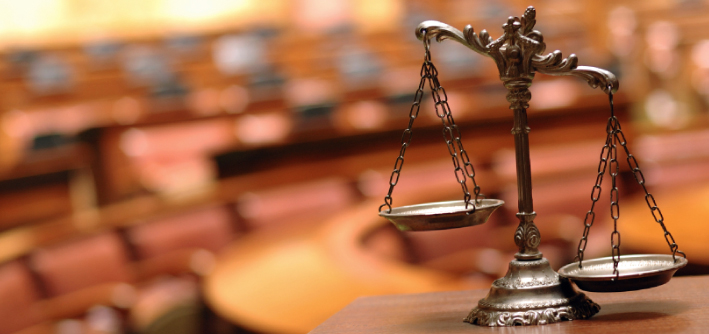The Shrayer Law Firm primarily litigates trademarks, copyrights, patents. Also, the firm works closely with United States
Internet Law or Cyber Law
is a new and emerging field of law that closely parallels Intellectual Property Law. Very few lawyers have specialized and accomplished great results for their clients in this field. Attorney Glen H. Shrayer knows that business today is different than in the past. An online presence and a solid reputation are crucial ingredients to achieve success. The Shrayer Law Firm can analyze if someone has defamed you online and what your recourses are. Often times the content can be removed from the Internet. Find out what your legal remedies are today.
For instance, in 2015, the firm received a $614,250.00 judgment in federal court in the Southern District of Florida against a California Corporation for patent infringement. In April of 2015, Attorney Shrayer was awarded an $800,000.00 judgment on behalf of his clients for trademark infringement in the Southern District of Florida. In 2014, the firm received a $600,000.00 judgment against an importer of counterfeit products. In all instances, permanent injunctions were also issued, which prevented the Defendants from ever again engaging in the infringing conduct.
Trademark Law
Copyright Law
Online Defamation
Patent Law
Trademark Law
In addition to litigation, the firm helps companies register their trademarks with the United States Patent and Trademark Office. Trademark rights arise based on a bona fide intent to make use of the mark on a product or in association with a service that will soon be offered to the public, or by actually using the mark in commerce on a product or in association with a service.
Since trademarks and service marks can be licensed, they are a primary basis for the franchising industry in the United States. The public comes to learn to expect a certain quality standard from every facility, a fast food restaurant chain for example, that bears the same name or service mark. As long as the mark’s owner maintains the same quality standards for each of the facilities bearing its name, it can license the use of the name to many people.
Under the federal law, an application for registration may be filed based on actual use of the mark or a bona fide intent to use the mark in commerce. The filing date of an application with the United States Patent and Trademark Office to register a trademark or service mark which the applicant intends to use on a product or in association with a service establishes a date of constructive use of the mark. The act of filing the application, therefore, through constructive use, can create a nationwide priority of rights in the mark against any other person who subsequently adopts the same or a confusingly similar mark.
Copyright Law
Copyright law grants the creators of works certain exclusive rights in their creations for a limited duration. Put another way, copyright protects the expression of ideas, but not the ideas themselves. Copyright protects works such as books, pictorial, graphic and sculptural works, music, photographs, movies and computer programs.
Registration of a copyrighted work with the Copyright Office in Washington, D.C. is not required for existence of the copyright; however, it is a prerequisite to a lawsuit for copyright infringement and to certain legal remedies. However, often times a copyright can be filed right before a lawsuit is filed. This way our clients can still obtain actual damages even if the copyright was not previously federally registered.
Copyright is often described as a bundle of rights, which include the right: (1) to reproduce the copyrighted work; (2) to make derivative works (such as a movie from a novel); (3) to distribute copyrighted works to the public; (4) to perform, publicly, certain works (such as music); and, (5) to display, publicly, certain works (such as paintings).
Patent Law
A patent is essential when it comes to protecting your ideas. However, the idea should be new, useful, and non-obvious. A patent is the right to exclude others from using your new technology or design. Specifically, it is the right to exclude others from making, using, selling, offering for sale, importing, or inducing others to infringe on your patentable idea. However, it is important to note that patents are often challenged after they are issued by the United States Patent and Trademark Office. You need an experienced firm that knows how to prosecute or defend your patent rights.


